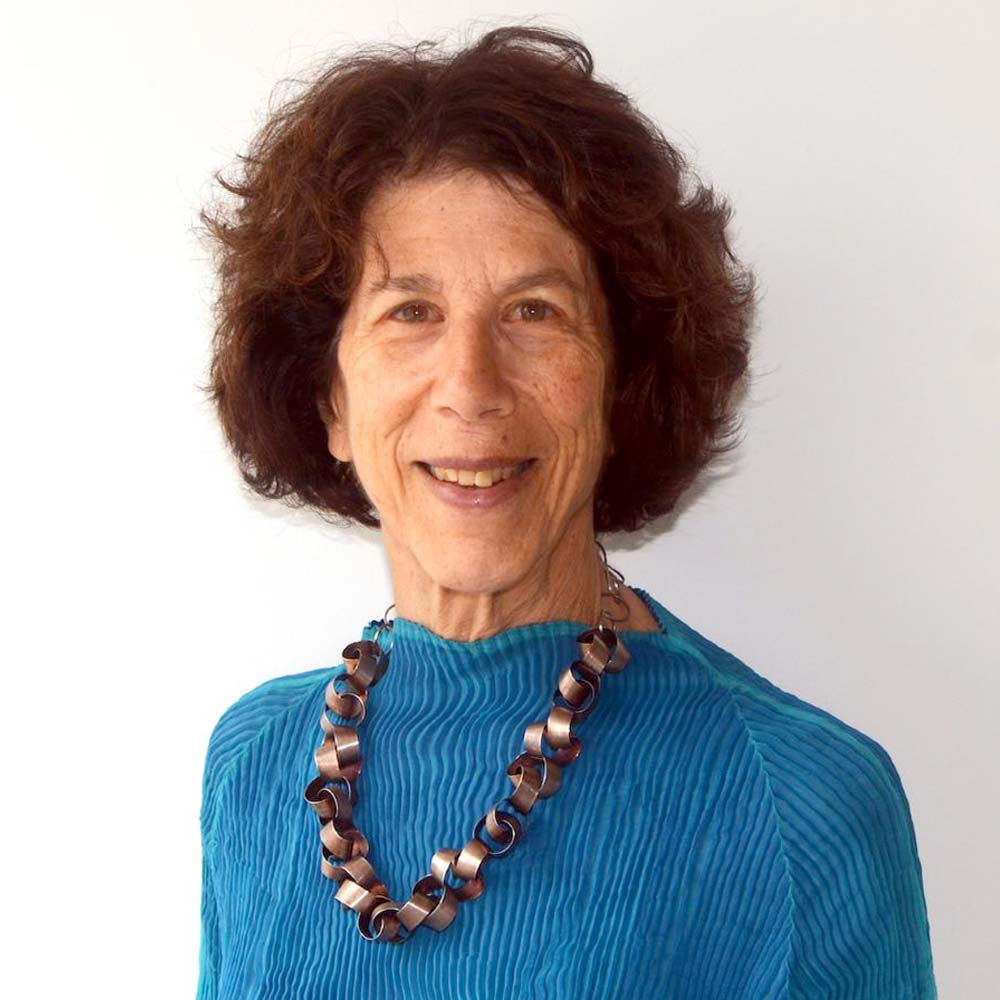Barbara Tversky, Ph.D.
Professor of Psychology at Stanford and Columbia, Drove Breakthroughs in Cognitive Psychology
"Language and other higher cognitive functions rest on a foundation of spatial thinking. The bad news is that spatial thinking isn’t taught in school. And if these skills are not taught in schools, they are far less likely to show up in the workplace, where they are sorely needed. We need to prepare our young people for the world that awaits them."
Affiliations:
- Columbia University: Professor of Psychology and Education
- Stanford University: Professor Emerita of Psychology
- Hebrew University in Jerusalem: Professor
- The Association for Psychological Science: Former President
- The Cognitive Science Society: Fellow
- The Association for Psychological Science: Fellow
- The Society for Experimental Psychology: Fellow
- The American Academy of Arts and Sciences: Member
Publications:
- Mind in Motion: How Action Shapes Thought
- Over 200 scholarly papers in journals and books
Education:
- University of Michigan, Ph.D., Master of Arts and Bachelor of Arts
Barbara Tversky’s ground-breaking research and work has shaped four key areas of cognitive psychology and continues to influence experts in other disciplines, including computer science, education, architecture, and geography.
Currently serving as Professor of Psychology and Education at Columbia University Teachers College, she also is Professor Emerita of Psychology at Stanford University, where she taught and conducted research for 30 years. Previously, she taught at The Hebrew University of Jerusalem. Her work in cognitive psychology in the areas of memory, spatial cognition, event perception, and externalization have transformed and driven additional research in each area.
She also has been a dedicated global supporter of behavioral and brain sciences, serving on executive committees and governing boards for the Cognitive Science Society and the International Union of Psychological Sciences, and serving on innumerable program committees and organizing committees.
